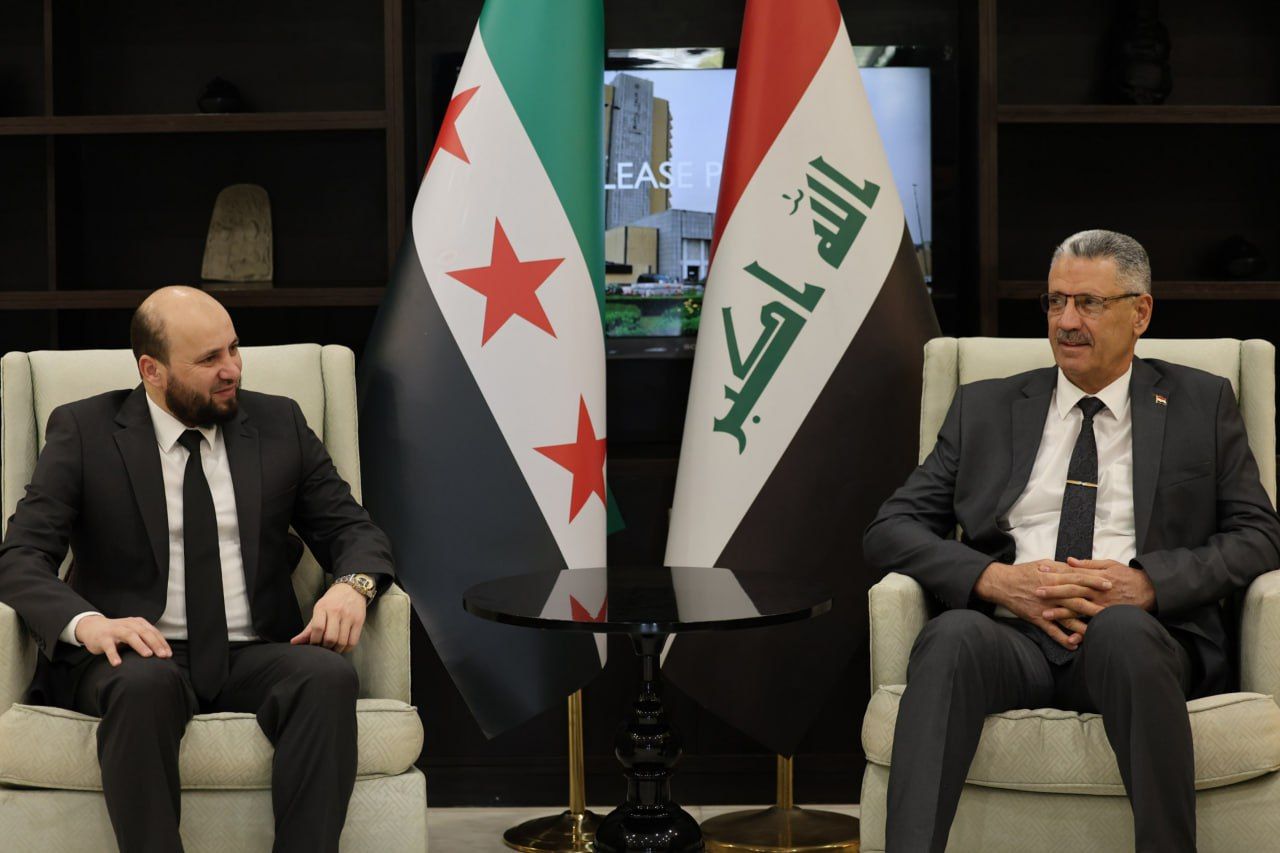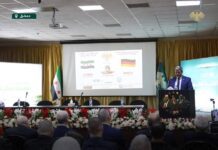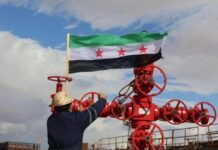
On August 11, Syrian Minister of Energy Engineer Muhammad al-Bashir and his accompanying delegation arrived in the Iraqi capital, Baghdad, for an official visit during which they met with several officials in the energy field to discuss prospects for joint cooperation in the oil sector and addressing ways to rehabilitate and maintain the Kirkuk-Banyas pipeline.
In a meeting with Iraqi Deputy Prime Minister for Energy Affairs and Minister of Oil Hayyan Abdulghani al-Suwad, Bashir and his oil affairs assistant Ghiyath Diab reviewed ways of enhancing cooperation in energy between the two countries.
Bashir examined the current state of Syria’s energy sector, explaining Syria imports about 3 million barrels of crude oil monthly in addition to local production to meet citizens’ needs for petroleum products.
He emphasized the importance of connecting oil pipelines between Syria and Iraq to enhance economic cooperation, noting that the old oil transport line between Kirkuk and the port of Banyas reached the end of its operational life and requires a comprehensive assessment and repairs.
For his part, Iraqi Minister of Oil expressed Iraqi desires to reactivate the Syrian-Iraq oil pipeline and suggested consulting specialized teams to assess the current situation, including the possibility of rehabilitating the old line or constructing a new one. He pointed out that recent events in the region could affect Iraqi oil exports, making it essential to seek alternative outlets.
Furthermore, Diab clarified pumping stations along the pipeline route are nearly inoperable and require comprehensive rehabilitation, including updating the lines, tanks, and pumps, as well as electrical infrastructure and civil works. He indicated rehabilitation of the old line in tandem with constructing a new one would achieve greater economic feasibility.
The meeting also discussed a project to extend optical cables parallel to the oil lines running to Lebanon.
Both sides agreed to assign joint technical and consulting teams to assess the current situation and to form a main committee to manage direct coordination for cooperation projects, with Diab overseeing this file.
At the conclusion of the meeting, both parties stressed the importance of enhancing bilateral cooperation in the energy sector serving the joint interests of the neighboring nations and contributing to regional stability.








